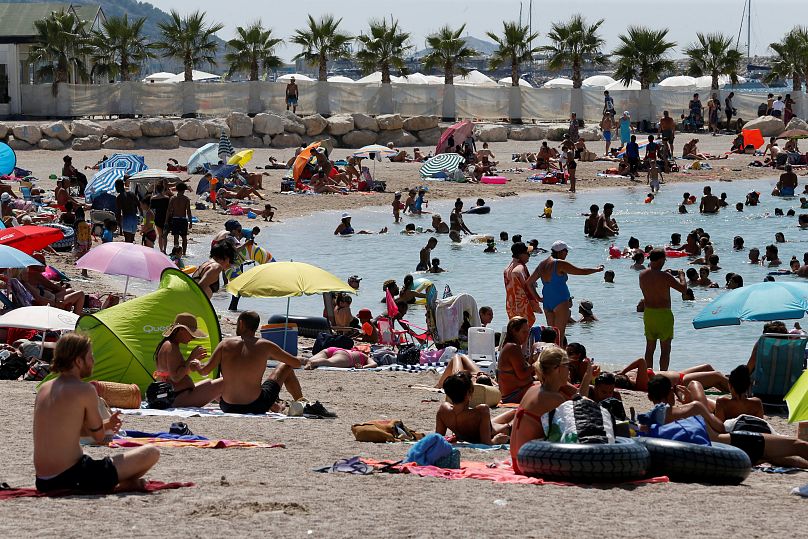Governments are 'not on track' to cap temperatures at below two degrees, said UN's Patricia Espinosa.
Governments are “not on track” to meet the Paris agreement goal of capping temperatures well below two degrees Celsius before the end of the century, according to Patricia Espinosa, head of the Executive Secretary of the UN Framework Convention on Climate Change (UNFCCC).
Espinosa, who's in Bangkok for climate talks this week, told Reuters that the public and private sector need to act with urgency to avoid “catastrophic effects”.
The Paris agreement — adopted by more than 200 nations in 2015 — set the goal of limiting warming to “well below” a rise of two degrees C above pre-industrial times, while trying to reach the tougher target of 1.5 degrees C.
But according to Espinosa, countries are not doing enough to achieve this goal.
“1.5 is the goal that is needed for many islands and many countries that are particularly vulnerable to avoid catastrophic effects. In many cases, it means the survival of those countries. With the pledges we have on the table now we are not on track to achieve those goals,” she said.
The executive secretary hopes that this summer's heatwave in Europe and wildfires in Australia will give governments more incentive to cap temperatures at the agreed level.
“I do believe that this will create a bigger sense of urgency,” she said.
The Bangkok talks are meant to set a precedent for the December meeting in Katowice, Poland, where governments will decide on rules for the 2015 Paris accord.
Espinosa said she hopes that a draft text for the "rule book" will emerge at the end of this week.
“These draft texts that we hope can emerge from these talks here in Bangkok are something that we need to build on from the talks in Paris 2015. This is a process that has been ongoing for some time. One of the reasons why this is so complex is because we are talking about ... many different areas. One of those areas that countries need to take action on is to reduce their emissions,” she said.
Espinosa said there is a need to mobilise private financing on top of the public funding raised to help developing countries battle climate change.












